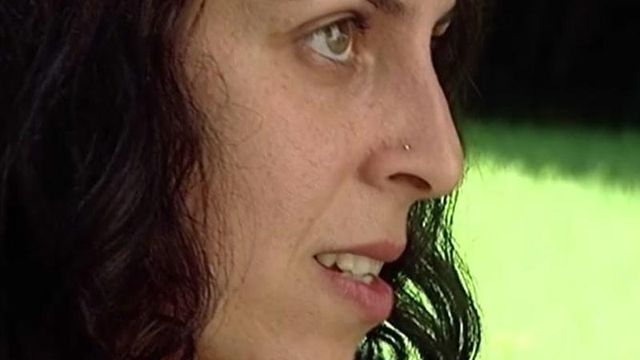New therapy technique helps depressed people look forward
One in ten Americans suffer from depression. For many, medication and traditional therapy are effective in dealing with it, but a California doctor has found a new technique that's helping her patients cope by looking forward.
Posted — Updated"One of the goals of Future Directed Therapy is to activate parts of the brain that are a little more sluggish in patients with depression," Vilhauer said.
Vilhauer developed the therapy technique and her research shows that patients who employ it became less depressed and anxious than those in traditional therapy. They were also eight times more likely to say that the therapy was helping them enjoy life.
Just two years ago, Nilou Siman's depression made it hard for her to get out of bed.
"I wasn't functioning. I wasn't working. I didn't really go outside," she said. "I (had) tried just about everything. It never went anywhere. I have tried medications, everything and anything, (but) even with the meds, I was still depressed."
She tried Future Directed Therapy. Now, she not only springs out of bed in the morning, she teaches yoga to keep her body and mind healthy.
"I thought I was doomed, I thought there (was) no way I could ever get out of this," Siman said.
Now, she feels hope for a future.
Copyright 2024 by Capitol Broadcasting Company. All rights reserved. This material may not be published, broadcast, rewritten or redistributed.





